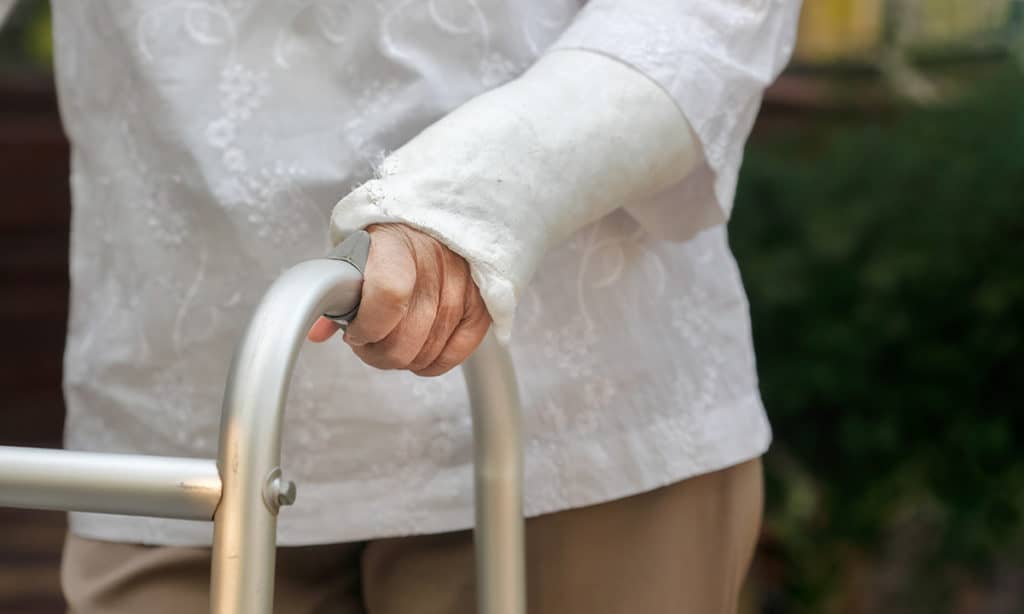
For younger people, the occasional fall isn’t usually a big deal, but for seniors or family members who are on the frail side, falls can cause serious injuries.
To prevent fall-related injuries, it’s crucial to reduce fall risks in your loved one’s home. Here are four ways to drastically reduce the fall risks at home.
Ensure Efficient Lighting
Making sure that an area is easy to see helps reduce falls significantly. This is especially true in passageways and home areas that get a lot of foot traffic (hallways, staircases, foyers, etc.). Check the lights in your loved one’s home and install brighter bulbs if needed.
Check for Medical Risks
Vision issues and medication side effects can increase a person’s risk of falling. Be aware of how your loved one’s medication impacts their balance and take steps to accommodate them when they’re feeling disoriented. Additionally, help your loved one keep their eyewear prescription up to date so that they’re able to see clearly.
Install Fall Prevention Aids
Grab bars and guardrails are helpful in preventing falls so if you’re worried about your family member getting around their home, install a few fall prevention aids. Guardrails in the hall or grab bars in bedrooms and bathrooms will help your loved one keep their balance when moving from place to place.
Reduce Clutter
Clear walkways of clutter to reduce tripping hazards. This includes area rugs that can be tripped over, shoes that sit near entryways, and pet items that tend to lay in the middle of the floor.
In addition to keeping floors free from clutter, it’s a good idea to have your loved one wear shoes or slippers that fit correctly and don’t slip down the heel. Slip-resistant, sensible shoes will help your family member’s foot grip the floor and when the shoe covers the front and back of the foot, it’s unlikely to lead to falls.
While reducing fall risks in the home is a great start, it’s also important to reduce your loved one’s fall risks when they’re away from home. Again, ensure that your loved one wears their glasses, well-fitting shoes, and isn’t experiencing medication-induced dizziness before you go out together.
